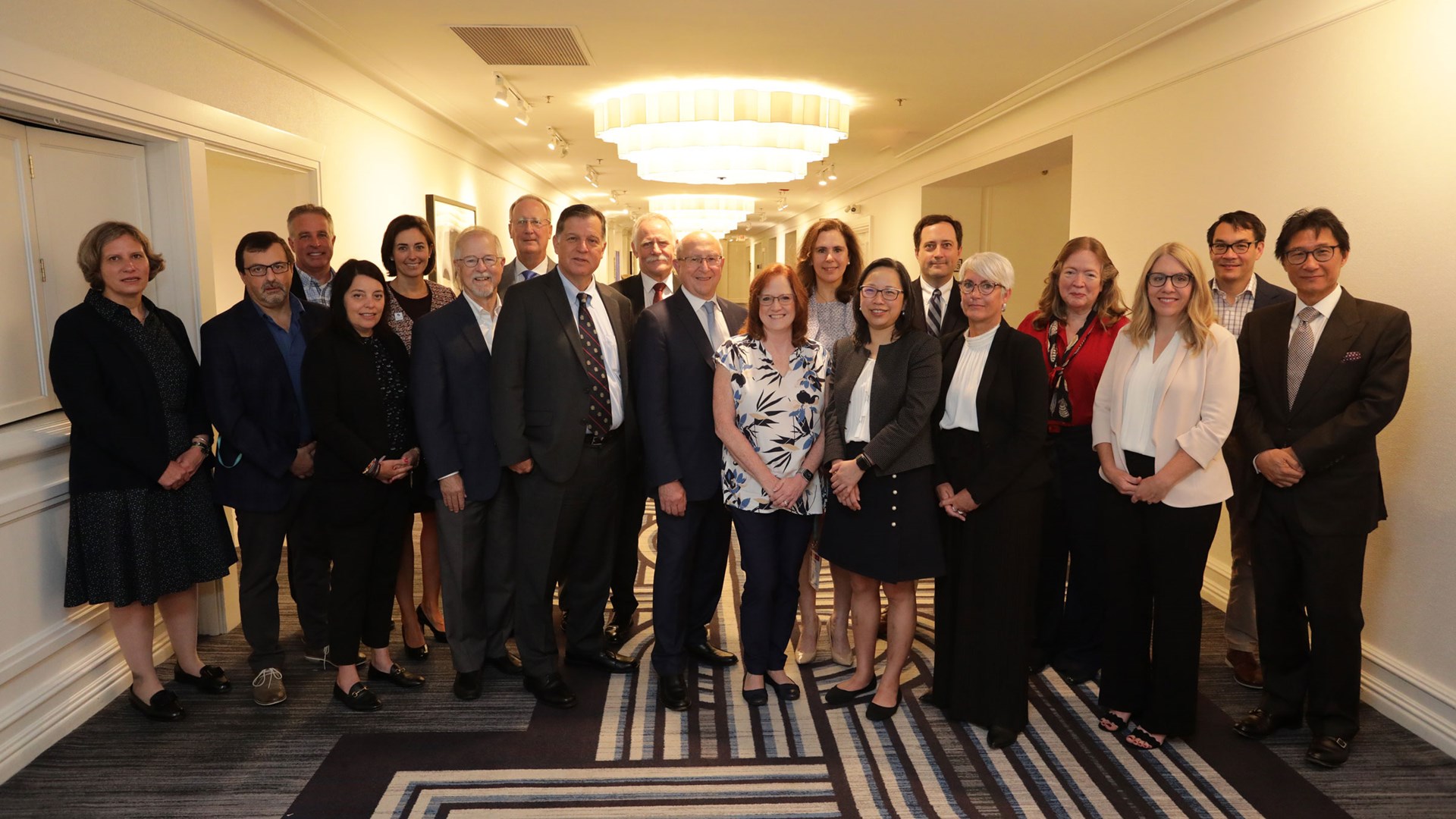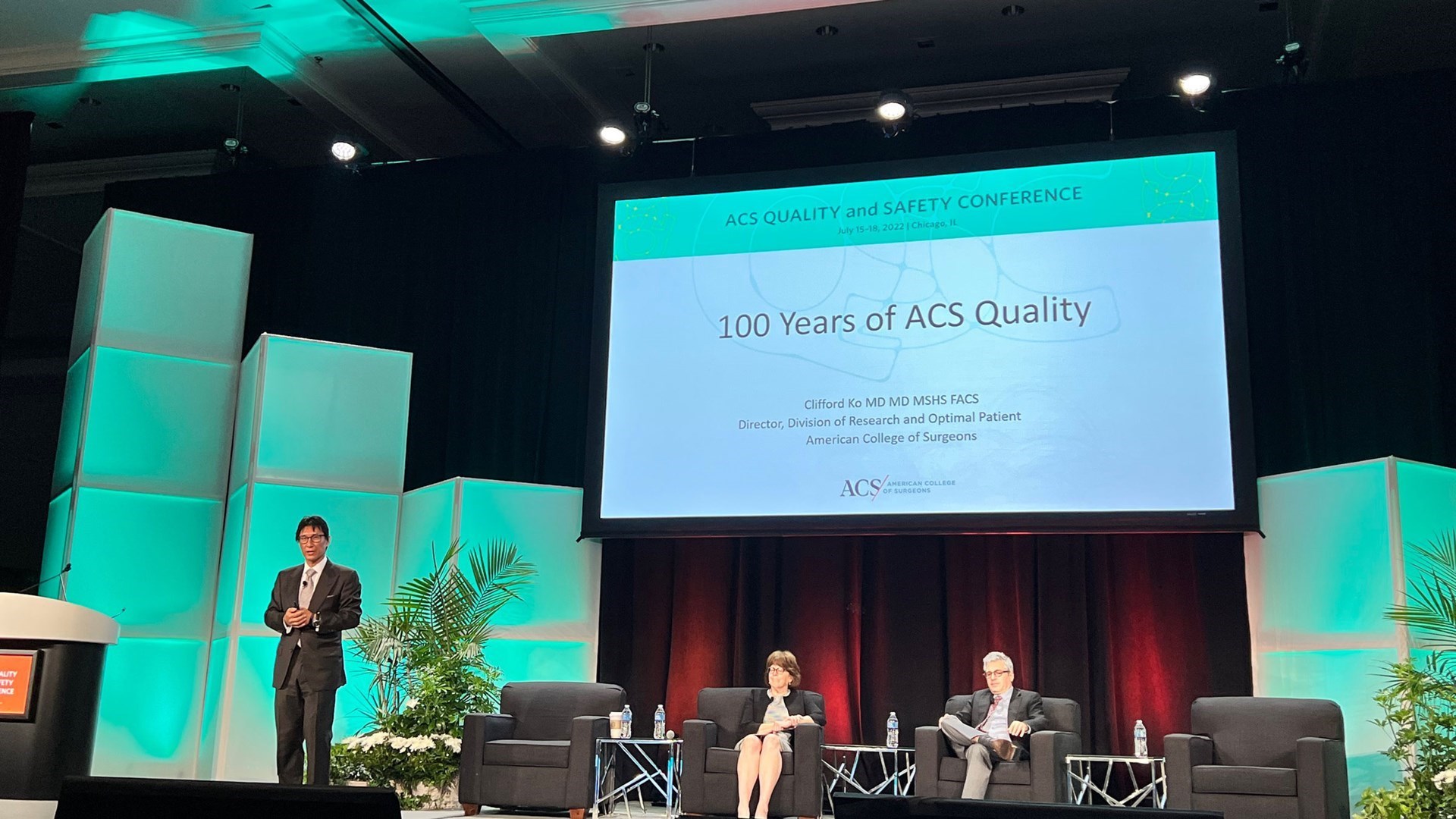The first 25 hospitals—22 in the US and three international—that were verified through the new ACS Quality Verification Program (QVP) were announced during the 2022 ACS Quality and Safety Conference. The ACS QVP provides a proven, standardized method for establishing, measuring, and improving a hospital’s quality infrastructure across all surgical departments.
The recognized QVP centers include a variety of institutions, such as community, large and mid-size academic, public safety net, military, and small/rural hospitals, among others. These facilities were selected to help ensure that ACS QVP can be adapted to unique hospital circumstances and provide customized, actionable feedback to a diverse range of hospitals.
“We are thrilled to recognize our first 25 verified hospitals and are excited about expanding QVP to more and more hospitals around the nation and around the world," said Clifford Y. Ko, MD, MS, MSHS, FACS, FASCRS, Director, ACS Division of Research and Optimal Patient Care. “Just as importantly, now that we have this first network of 25, they will be able to learn from each other and teach others how to embark on this quality journey,” Dr. Ko added.
“I think QVP brings a sense of structure and vision to really drive engagement of the people doing the clinical work. It has been a great asset to our quality program, and I believe it has really changed the dynamic of how we care for patients at Inova,” said John J. Moynihan, MD, FACS, president of Inova Surgery Service Line in Annandale, VA.
ACS QVP is based on 12 program standards, outlined in the Optimal Resources for Surgical Quality and Safety 2021 ACS QVP Standards manual. The key principles of ACS QVP are driven by data surveillance and standardized processes and systems that find, fix, and prevent problems to improve the quality and safety of surgical patient care.
“At New York-Presbyterian Hospital, QVP really helped us take a deep look at how care was delivered throughout the system,” said ACS Regent Fabrizio Michelassi, MD, FACS, Lewis Atterbury Stimson Professor of Surgery and chairman of surgery at Weill Cornell Medicine, and surgeon-in-chief at New York-Presbyterian/Weill Cornell Medical Center in New York City. “We wanted to make sure that patients would receive the same care no matter what site they were going to be cared for at, no matter what door they use to enter our system.”











